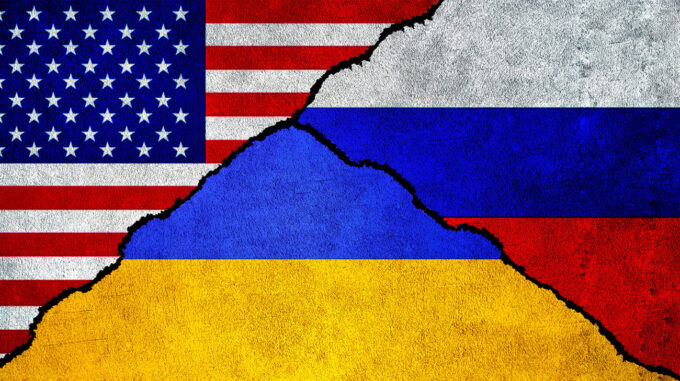U

S. strategies regarding the fight against Russia’s war crimes in Ukraine have undergone drastic changes during Donald Trump’s presidency. According to information from the reputable American publication The Washington Post, the United States disbanded a special interagency group that was responsible for collecting and analyzing evidence of Russia’s war crimes committed on Ukrainian territory. Moreover, the key coordinator of this group—an individual responsible for gathering intelligence and assessments to establish the Kremlin’s guilt in atrocities against the Ukrainian people—was dismissed. Based on unnamed sources among current and former high-ranking officials, this working group was established in accordance with a law that provides for a dedicated position for the collection and analysis of information on war crimes. This position was staffed under the leadership of an officer appointed by the Director of National Intelligence of the United States and was created through efforts by former Congress members and current national security advisors to the President. One of the law’s co-founders was former House Representative Jason Crow, along with Michael Wolff, who currently serves as the White House security advisor. As Jason Crow notes, this position was intended to serve as a tool to hold Vladimir Putin accountable for the large-scale crimes he committed in Ukraine. “According to the plan, this program was meant to ensure justice and prevent the guilty of war crimes from escaping responsibility,” he emphasizes. He states that the position was established on a bipartisan basis to provide an independent, effective, and legislatively supported mechanism for documenting atrocities. Crow has called on the Trump administration and Director of National Intelligence Avril Haines to support this initiative, as without it, experts believe that the U.S. is reducing its capacity to serve as a global defender of the rule of law. According to analysts, the disbandment of this working group and the dismissal of its leader are not only an internal American step but also a powerful signal to allies and adversaries. They indicate that there have been shifts in U.S. policy regarding international accountability for Russia’s crimes in the context of the war in Ukraine, weakening previous commitments to active involvement and the expedited pursuit of justice. At the end of last year, the Trump administration also decided to withdraw the U.S. from an international coalition operating under the auspices of the European Union, created to punish Russia for violations of international law in Ukraine. Additionally, the White House made a decision to reduce the staff working on accountability for war crimes within the Department of Justice and to eliminate the asset seizure program targeting Russian oligarchs under sanctions. At the same time, several U.S. national security agencies ceased cooperation in joint efforts to counter Russian disinformation, cyberattacks, and sabotage. Thus, these steps represent a fundamental shift in the U.S. government’s approach to the global fight against war crimes and human rights violations in Ukraine. It initially appeared that the United States was actively supporting the international order and legal mechanisms for exposing and holding accountable those responsible for war crimes. However, current structural and policy changes suggest a return to a more cautious and nationally oriented stance. This, in turn, raises concerns among international partners and human rights organizations, which urge Washington to refocus on preserving and expanding legal accountability mechanisms for crimes committed in Ukraine and other countries, under threat from authoritarian regimes.

